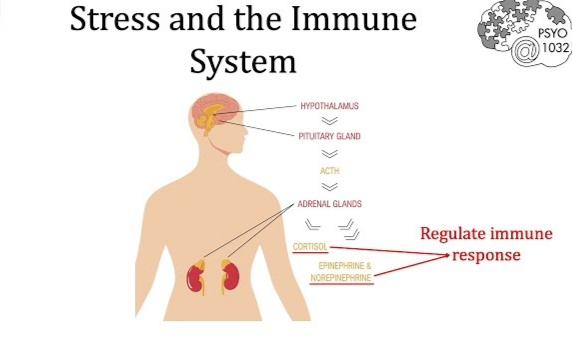Translate
Mental health matters: A blog about taking care of your mind
Stress and Your Well-Being: How Managing Stress Can Improve Your Health
In our fast-paced modern world, stress has become an almost constant companion for many of us. Whether it's due to work pressures, personal responsibilities, or other life challenges, stress can take a toll on both our mental and physical health. In this blog, we will explore the profound impact that stress can have on your physical well-being and discuss practical strategies for managing and reducing stress to improve your overall health.
**The Stress-Health Connection**
It's no secret that stress can make you feel anxious, overwhelmed, and mentally drained. But did you know that chronic stress can also wreak havoc on your body? From your heart to your immune system, stress can affect nearly every aspect of your physical health.
**The Physical Effects of Stress**
1. **Cardiovascular Health**: Prolonged stress can increase the risk of heart disease, hypertension, and even stroke. We'll delve into the mechanisms behind this connection and what you can do to protect your heart.
2. **Immune System**: Stress weakens the immune system, making you more susceptible to illnesses. We'll explore how stress hormones impact immune function and provide tips to boost your immune system naturally.
3. **Digestive System**: Ever experienced "butterflies in your stomach" during a stressful situation? Stress can lead to digestive problems like irritable bowel syndrome (IBS). We'll discuss the gut-brain connection and its role in stress-related digestive issues.
4. **Weight Management**: Stress can trigger overeating and unhealthy food choices, leading to weight gain. We'll provide strategies for stress-free weight management.
**Stress Management Strategies**
Managing stress is essential for your overall health. We'll offer practical advice on:
- Mindfulness and meditation techniques
- Exercise and its stress-reducing benefits
- The importance of quality sleep
- Seeking support from friends, family, or a. therapist
- Time management and setting boundaries
By the end of this blog, you'll have au comprehensive understanding of how stress impacts your physical health and a toolbox of strategies to mitigate its effects. Remember, taking care of your mental and emotional well-being is a crucial step toward a healthier, happier life. So, let's dive in and start prioritizing your health by managing stress effectively.
























